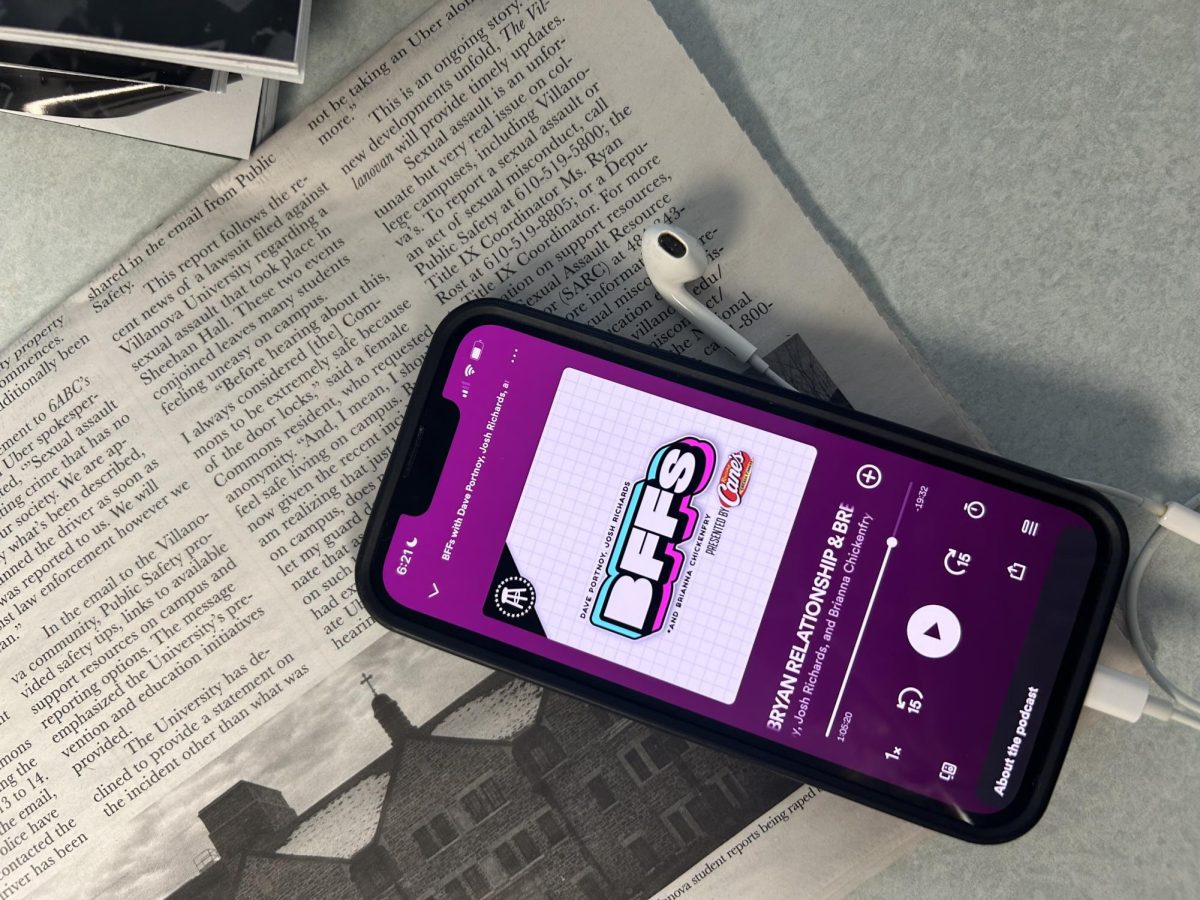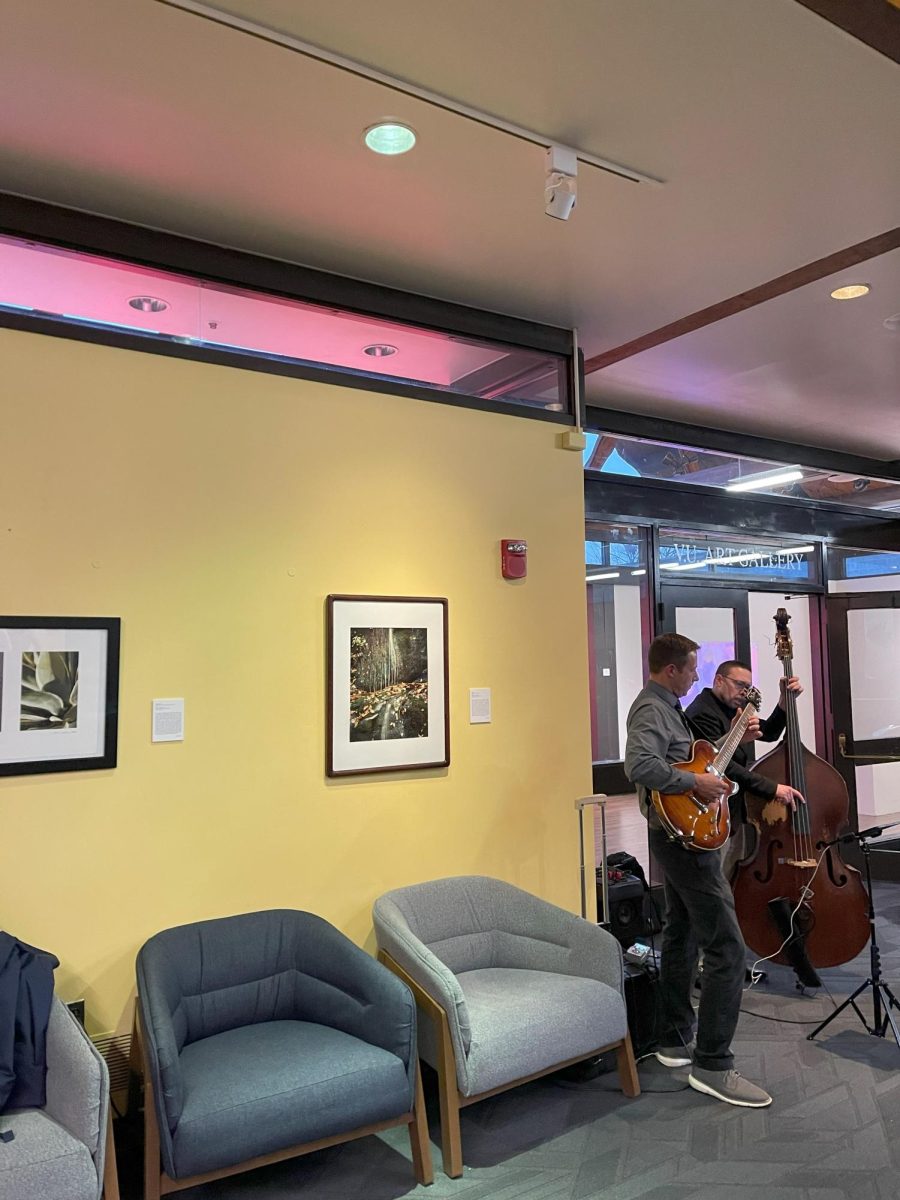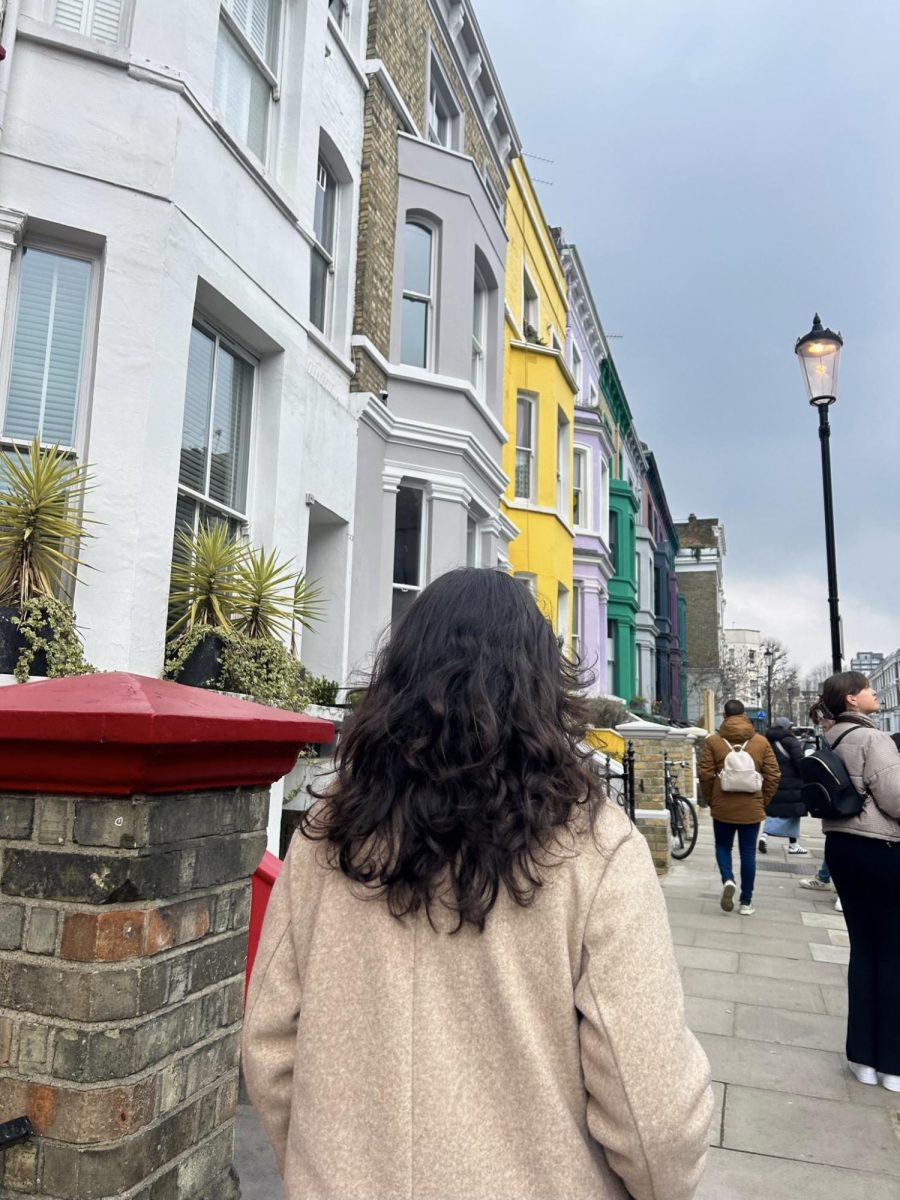With the end of the semester approaching in a few weeks, students are finishing assignments and studying for exams. When there is not enough time in the day to finish everything, sleep is often the first thing to be sacrificed.
Stacy Andes, Director of the Office of Health Promotion, works with students and offers sleep coaching to those struggling to find a consistent sleep schedule in college.
“There is a myth that you have to pick two out of the three in college: academics, sleep or social life,” Andes said. “So many students believe that not getting enough or getting good quality sleep is not possible unless you sacrifice something else. Not only is this not true, but it reinforces the idea that we can do without sleep and expect to thrive.”
Andes became interested in helping students with sleep because she realized data on college student health and well-being often shows sleep as one of the driving factors that impact mental health. Not getting enough sleep affects ability to stay focused and engaged in class, energy levels, eating habits and more. Andes offers sleep coaching where students receive feedback on their routine and learn about their sleep type, environment and sleep habits.
“It has been really rewarding to see students commit to making small changes over time that make a big difference in whether they are simply surviving or really thriving,” Andes said.
Young adults may need eight to 10 hours of sleep a night. Sleep is essential to one’s health and well-being. When one does not get enough sleep, they may feel too tired to exercise, not eat enough or choose less nutritious food options, leading to more stress. Sleep, exercise, nutrition and stress are a cycle, and when sleep is impacted, the other three will also be affected. Getting enough sleep during finals can help reduce stress and lead to better decisions to support one’s overall well-being.
“Sleep is one of the basic building blocks in our health and well-being, but it is often forgotten alongside exercise, nutrition and even our mental health,” Andes said. “However, sleep plays a role in all aspects of our health and well-being. It enhances and stabilizes mood, cognitive functions and alertness. It plays a role in memory consolidation and contributes to our immune function. Needless to say, it does much more than simply provide the body rest. In fact, our brains are doing quite a lot when we are sleeping, and when we are not getting good, consistent sleep, we can see the impact in all of these areas.”
Before scheduling a sleep coaching appointment with Andes, students will complete a sleep assessment. The assessment allows Andes to create a personalized feedback report that will be discussed during the first appointment.
“As we make our way through the report, we make note of things that make getting enough, or getting good sleep, really hard,” Andes said. “When we reach the end of the report, we land on one to two very small SMART (specific, measurable, attainable, realistic and time-bound) goals that they can do for two weeks consistently.”
Students can choose to schedule a follow-up appointment to check in on their SMART goal and keep themselves accountable or work on adding additional small SMART goals to lead to a long-term sleep goal. Andes suggested that the best thing anyone can do for their sleep is consistency.
“The more consistent your bedtime and wake time, the less you have to think about your sleep routine,” Andes said. “For many students, developing more consistency during the week is the most realistic, and that might mean making some changes to your sleep routine. I would encourage students to answer this question: What am I consistently doing with the 30 to 60 minutes before bedtime? The consistency of that routine, and the kinds of things that you are doing in that time frame can have tremendous positive or negative impacts on your sleep.”
Taking a power nap is part of many sleep schedules, especially for college students. Taking a nap can help one feel more energized and ready to tackle their next assignment.
“Most research suggests 20 to 30 minutes to get the most bang for your buck,” Andes said. “For students who are napping longer than that, the next best napping strategy is to nap for 90 minutes. That will take you through a complete sleep cycle, which will be much less disruptive than napping for several hours. As for the best time, understanding your current bedtime and wake time and your sleep type is critical to thinking about the ‘when’ of napping.”
Everyone’s sleep schedule and goals are different. However, one goal that is important to follow is consistency. Finals week can lead to all nighters and poor sleep schedules. Staying consistent with a sleep schedule during finals will help positively impact one’s well-being and energy when preparing for an exam.
“The best thing you can do in these remaining weeks is to go to sleep when you are tired,” Andes said. “You are not going to retain new information that you have not already had the chance to encode in your brain over the course of the semester. You will perform much better on that exam or presentation before 11 a.m. Research shows that you are even more likely to perform less favorably if you choose to pull an all-nighter. The other thing you might consider doing right now is making sure you are off-screen (not blue light) within 30 to 60 minutes of bedtime. It will increase your chances of being able to fall asleep and stay asleep.”
If one is interested in building a better sleep routine and establishing better sleeping habits, they can schedule sleep coaching for the Spring Semester. To access the scheduling link for Spring of 2025 sleep coaching, visit “Well-Being Coaching” on Villanova Health Promotion’s website.
The University Counseling Center is another resource that students can utilize if they are struggling with sleep.
“For many students, existing mental health concerns can impact someone’s sleep more than many of the things we might discuss in sleep coaching, and sleep issues might also exacerbate mental health concerns,” Andes said.
Students who are interested in learning more about sleep can visit the Thrive 365 portal or visit the Health Promotion Team’s Sharepoint sleep folder. Students can also visit @villanovahealth on Instagram or visit the Office of Health Promotion website.







